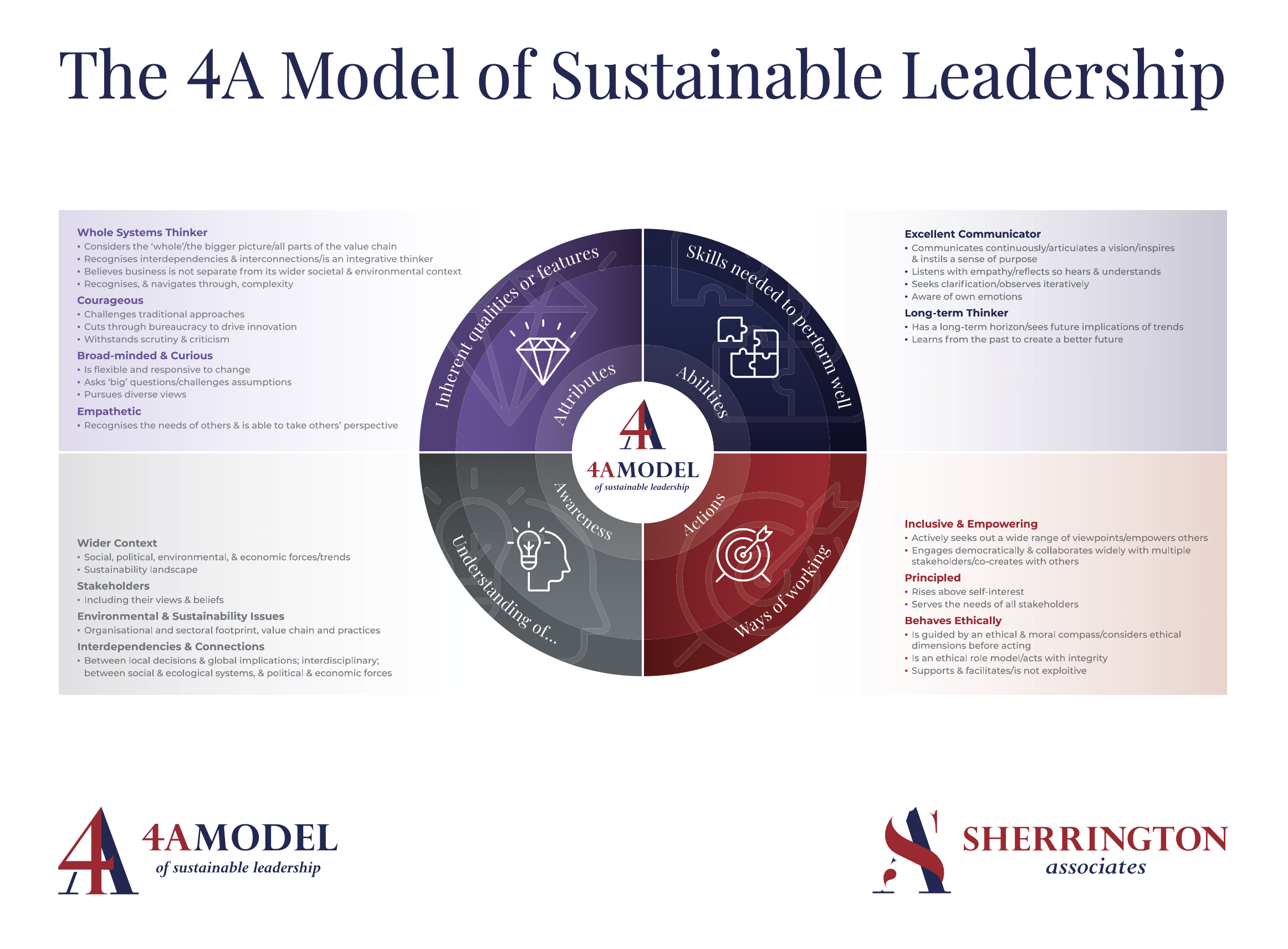Effective communication plays a critical role in influencing sustainable leadership by helping leaders establish a clear vision, build reputation and trust, and inspire their team to work towards common goals. Sustainable leadership refers to a leadership style that focuses on long-term success, taking into consideration the social, economic, and environmental impacts of decisions and actions.
A 2022 study by Toseef et al. explored the relationship between inspirational leadership and innovative communication with employee commitment and engagement, under the lens of leader member exchange (LMX) theory – which focuses on the relationship between leaders and individual members within a group.
LMX theory suggests that leaders develop distinct relationships with each group member, resulting in two groups: the in-group and the out-group. High-quality exchanges (in-group) involve trust, mutual influence and shared goals, while low-quality exchanges (out-group) lack these elements.
The study demonstrates how LMX theory emphasises the impact of these relationships on job satisfaction, performance and overall team dynamics. The results, above all, highlighted the positive influence of inspirational leadership and effective employee communication based on trust between parties, which supports sustainable performance.
6 ways in which effective communication influences sustainable leadership:
Trust
Leaders who communicate effectively can build trust among their team members, stakeholders, and the wider community. Trust allows leaders to establish strong relationships, foster collaboration, and create an environment of openness and transparency. When employees trust their leaders, they are more likely to support their decisions, feel valued and respected, follow their guidance, and commit to the organisation's sustainability goals.
Shared Vision and Values
Sustainable leaders need to clearly articulate their vision and values to inspire and motivate others. Effective communication enables leaders to express their vision for a sustainable future and communicate the values that guide their decisions and actions, creating a shared sense of purpose and direction among team members, leading to higher engagement and commitment to sustainability initiatives.
Engage Stakeholders
Sustainable leadership requires engagement with various stakeholders, including employees, customers, investors, communities, and policymakers. Effective communication allows leaders to engage with these stakeholders in a meaningful and authentic way, listen to concerns, provide clear and relevant information, and engage in two-way communication to understand different perspectives. This helps leaders build positive relationships, gain support for sustainability initiatives, and make informed decisions that consider the diverse interests of stakeholders.
Foster Innovation
Sustainable leadership involves driving innovation to find new and creative solutions to sustainability challenges whilst creating an environment where team members feel empowered to share their ideas and perspectives without fear of judgment or retribution. Leaders who communicate effectively encourage a culture of open communication, active listening, and constructive feedback, which fosters innovation and encourages continuous improvement towards sustainability goals.
Navigate Change
Sustainable leadership requires navigating complex and dynamic challenges, and effective communication is essential for managing change. Leaders need to be skilled communicators to address resistance, clarify doubts, and manage expectations during the change process. Transparent and consistent communication helps reduce uncertainty, gain buy-in, and facilitate a smooth transition towards sustainability.
Communicate Progress
Communicating progress towards sustainability goals is crucial for sustainable leadership. Effective communication allows leaders to transparently share updates on the organisation's sustainability performance, highlight successes, and acknowledge challenges. This helps to build accountability, inspire continuous improvement, and demonstrate the organisation's commitment to sustainability to stakeholders.
Sustainable leadership is fundamentally dependent on effective communication as it enables leaders to inspire and encourage people towards sustainable practises, foster a climate of openness and accountability, and promote long-term success for the company and the larger community.
Our 4A Model of Sustainable Leadership counts excellent communication as one of the 13 core skills required to be an effective sustainable leader, and breaks down the skills of an excellent communicator as:
· Communicates continuously/articulates a vision/inspires & instills a sense of purpose
· Listens with empathy/reflects so hears & understands
· Seeks clarification/observes iteratively
· Aware of own emotions
At Sherrington Associates, we recognise how essential sustainable leadership is to the success of an organisation. We use our 4A Model as a framework for assessing leadership candidates throughout the recruitment process. This helps us understand the candidate’s potential for developing a lasting culture of sustainable leadership.
To learn more about our services, talk to our team…
Culture Diagnostics & Values Assessments
Sustainable Leadership Consulting






